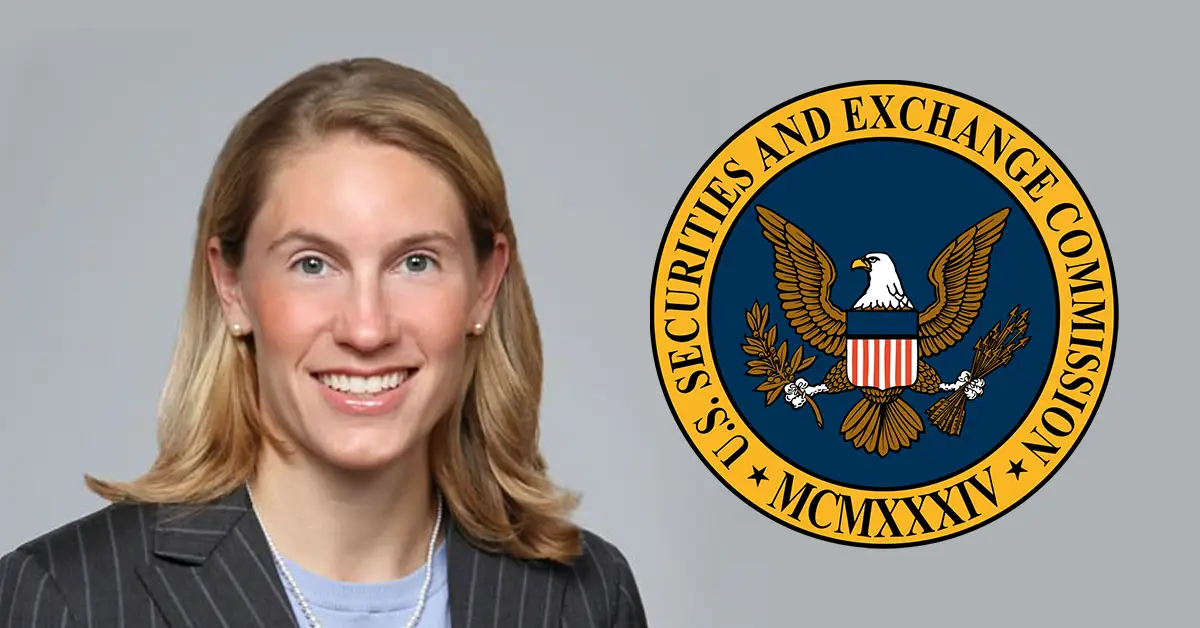I was scammed. And not just for a few dollars. One morning I opened my MacBook Pro and all hell broke loose – a piercing siren blared from the device, the screen froze, and a flashing red warning said my computer was infected with a vicious virus. I was instructed on screen to immediately call the flashing Apple phone number for technical support. I was terrified and frantically dialed the number. When a man answered, his caller ID said Apple Tech Support in Seattle, so I believed.
But this phone call was my fatal mistake. It began my descent down a financially draining tunnel of sophisticated and convincing lies. Not by one scammer, but multiple, perhaps an international network, I’m told. The “Apple technician” who answered my call said scammers had infected my computer, accessing all my financial information, so he connected me to a man he said was my local credit union’s national security head. This was another scammer, though his caller ID identified my credit union by name.
Hours passed as this bogus security head guided me to “protect my account” by going in person to withdraw my credit union funds but to say nothing there “in case anyone internally was involved in this fraud.” Then he urged me to protect my cash by purchasing cryptocurrency – about which I knew nothing – and depositing it into an account whose number he gave me.
Yes, I fell for it all, and I am ashamed. But shame and embarrassed silence are what scammers count on. Scammers are everywhere – on our telephones, computers, emails, credit cards and through social media. Sgt. Kyle Woods of the Bernalillo County Sheriff’s Office reports that his team and their federal task force partners receive numerous scam reports each week, and many scams are never reported.
But we can’t stay silent. There are crucial lessons to be learned to prevent scams, if only we are alert to the tricks and manipulations scammers use and how to avoid them.
On Jan. 29, Woods convened a team of fraud investigators and security experts to conduct a public information session at La Mesa Presbyterian Church in the International District. Their goals were to discuss scams they see, especially those targeting older generations, and common tactics used by scammers to build trust and gain information, as well as to provide tips for protecting ourselves.
The speakers at this public talk were diverse, extremely knowledgeable, and very impressive. They included Woods and two of his team, Detectives Justin Bishop and Weylin Proctor; Beatrice Medina, credit union industry manager with the N.M. Regulation and Licensing Department; and Danika Mares from Nusenda Credit Union. These experts showed up in force at noon on a Sunday and delivered a powerfully informative session.
A direct link on the church website to a recording of this one hour Protect Yourself session can be accessed at lamesapresabq.org/protect.
We deeply appreciate Woods and his team for making attendees from our church and community wiser and more confident as we awake each morning to live a new day in this often overwhelming – but now somewhat less dangerous – technological world.
Credit: Source link









.png)





































